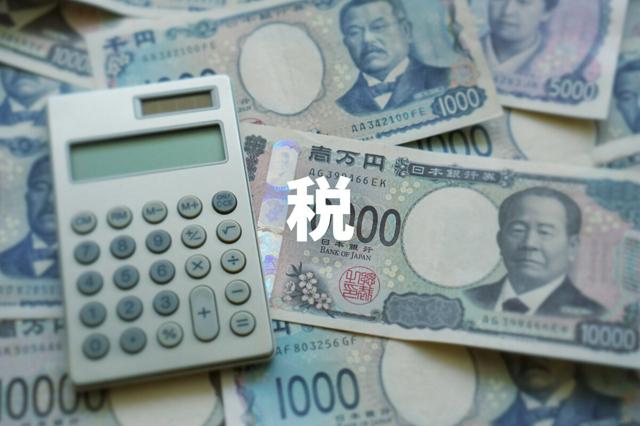The Japanese government is contemplating the introduction of an alternative tax to replace the recently reduced gasoline tax. The initiative, which is still in the analysis phase, aims to make up for the fiscal gap caused by the decline in gas tax revenue. The government is weighing the potential implications and benefits as they seek to balance revenue needs and economic growth.
In Japan, fuel tax policy is a vital issue and often becomes a political talking point. The public generally supports the reduction of the gas tax due to its immediate impact on daily life and transportation costs. However, the gas tax is a significant source of national revenue, and thus its reduction can lead to fiscal challenges. Therefore, finding an alternative source of tax income is critical to the government's fiscal policy.
In the US and EU, tax policy changes are also significant economic issues and undergo extensive debate. In many cases, reductions in one tax type are offset by increases or introduction of other taxes to keep governmental revenue balanced. The discourse around such policy changes often centers on their impact on households, economic growth, and environmental sustainability.

